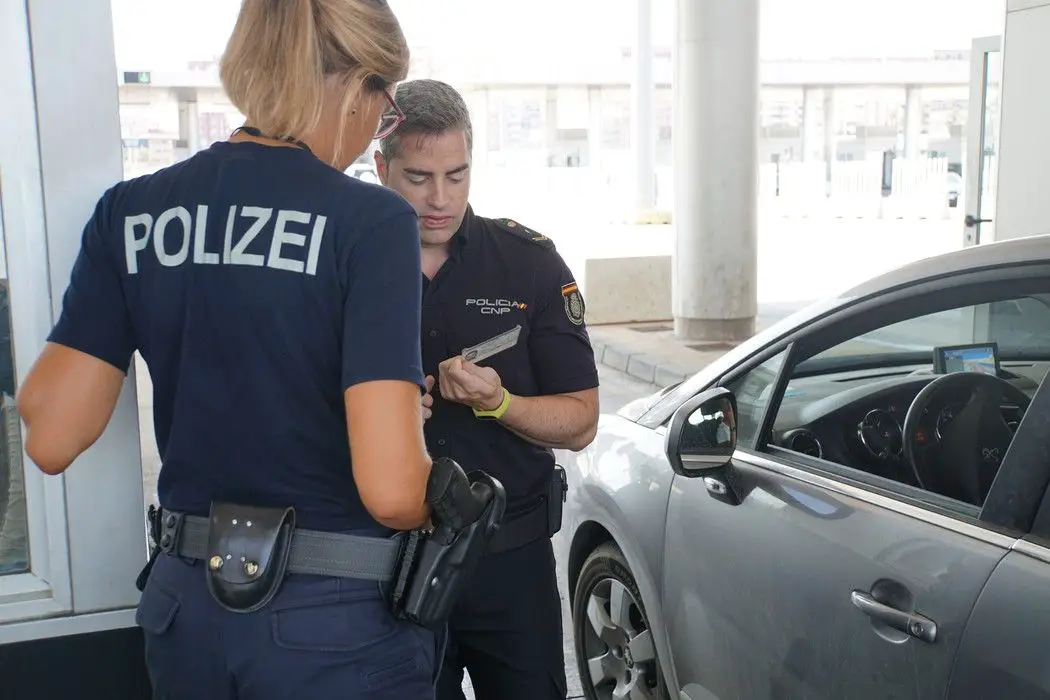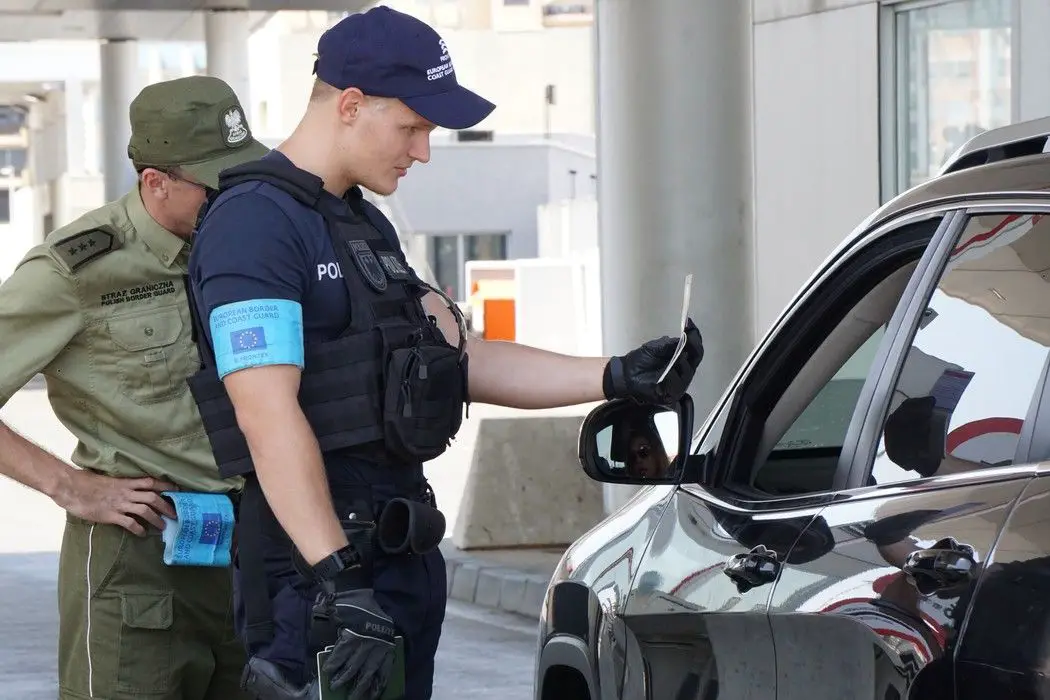STA, 6 December 2018 - Interior Minister Boštjan Poklukar welcomed in Brussels on Thursday the EU Council's partial agreement on the reform of Frontex, the European border guard, which includes a stronger mandate in the returns of migrants and cooperation with third countries. Slovenia meanwhile remains reserved with regard to the remaining elements in the reform proposal.
Poklukar said on the sidelines of the Justice and Home Affairs Council session that Slovenia supported the stronger mandate and cooperation with countries beyond those directly neighbouring on the EU.
It is however reserved about the remaining points of the proposal, which also seeks to establish a European Border and Coast Guard standing corps of 10,000 operational staff with executive powers by 2020.

Photo: frontex.europa.eu
Slovenia is in principle in favour of a gradual formation of a standing corps, it is however reserved about the 10,000 figure, Poklukar said.
He also noted that it had still not been possible to see under what criteria or by which key responsibilities would be divided among member states.
Poklukar reiterated that all European police forces are facing staff shortages and that this is also a major problem of Slovenia's police force.
The minister moreover expressed Slovenia's interest to have its missions sent to Western Balkan countries.
Since Frontex, the European Border and Coast Guard Agency, already has a lot of possibilities for cooperation with third countries on the basis of existing legislation, Poklukar expects concrete steps already in the coming months.

Photo: frontex.europa.eu
In line with expectations the ministers failed to make a breakthrough in a bid to find a comprehensive agreement on reform of the EU's asylum system.
European Migration Commissioner Dimitris Avramopoulos repeated that time was running out and some key dossiers would have to be agreed before the Euro elections in May.
Considering a lack of progress on asylum reform, the commissioner called for breaking up the asylum package, by passing five dossiers right away, while continuing debate on the two most contentious ones, including mandatory refugee quotas.
Minister Poklukar said that Slovenia would like the issues resolved and that "this must be in a package", but he did say that much debate would still be needed to align views.






